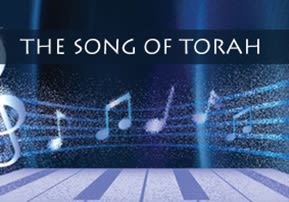
Vayelech: The Song of Torah
By studying ethics, we gain a proper reverence for Torah. Ethics, or mussar, prepares one to delve into an intellectual analysis of Torah...

Translated and abridged by Rabbi Chanan Morrison
Parshat Vayelech
Near the end of his life, Moses commanded the people, "Now write for yourselves this song and teach it to the Israelites" (Deut. 31:19).
This verse is the source-text for the obligation of each Jew to write a Torah scroll. (According to many authorities, this mitzvah is fulfilled nowadays by purchasing books on Torah, but there are some who insist 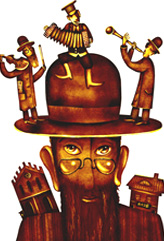 that a person must write his own Torah or have a scribe write one for him.) But why did Moses refer to the Torah as a 'song'? In what way should we relate to the Torah as song?
that a person must write his own Torah or have a scribe write one for him.) But why did Moses refer to the Torah as a 'song'? In what way should we relate to the Torah as song?
Studying Jewish Ethics
Once, a young scholar wrote Rav Kook a letter probing certain philosophical issues, raising questions that had eluded him. Rav Kook was delighted to see the scholar immerse his talents analyzing the philosophical aspects of Torah, unlike most Torah scholars who dedicate themselves solely to Talmudic and practical Halachic studies. Exploring abstract philosophical issues, Rav Kook stressed, is especially important in our times.
Nonetheless, Rav Kook urged the young scholar to approach this field only after a prerequisite study of mussar, or Jewish ethics texts.
"You should first acquire expertise in all moralistic tracts that you come across, starting with the easier texts. Great scholars, wise-hearted and exceptionally pious, wrote this literature from the heart. Many subjects of inquiry cannot be fully grasped until one's emotions have been properly prepared."
In other words, it is important to precede academic inquiry into Torah philosophy with the study of simpler texts that elucidate the unique holiness of Torah. What is the function of this preparatory study? By studying ethics, we gain a proper appreciation and reverence for the subject at hand. Only after this emotional preparation are we ready to delve into an intellectual analysis of Torah.
Engaging the Emotions
It is for this reason, Rav Kook explained, the Torah is called a 'song.' Just as the beauty of song stirs our hearts, so too, the special power of mussar literature lies in its ability to awaken our inner sensitivity to the divine nature of Torah. This emotive preparation is essential, as the study of Torah philosophy only becomes clarified to those who are pure of heart.
While ethical works do not engage the intellect to a high degree, they nonetheless enable the soul to recognize its inner foundations. Of course, one should not be content reading moralistic literature, but should continue with in-depth, analytical study of the Torah and its worldview.
(adapted from Igrot HaRe'iyah vol. I p. 94)
* * *
Rabbi Chanan Morrison of Mitzpeh Yericho runs http://ravkookTorah.org, a website dedicated to presenting the Torah commentary of Rabbi Avraham Yitzchak HaCohen Kook, first Chief Rabbi of Eretz Yisrael, to the English-speaking community. He is also the author of Gold from the Land of Israel (Urim Publications, 2006).


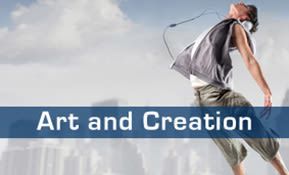
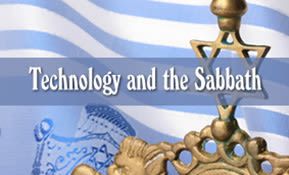
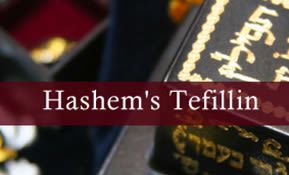

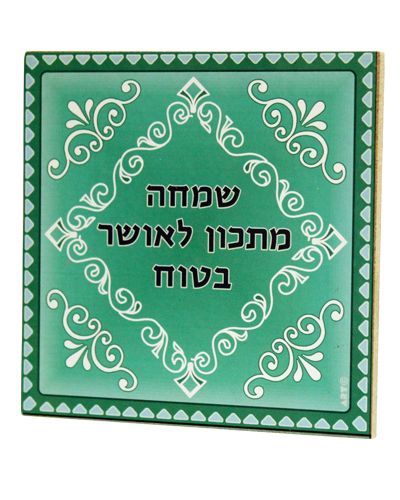

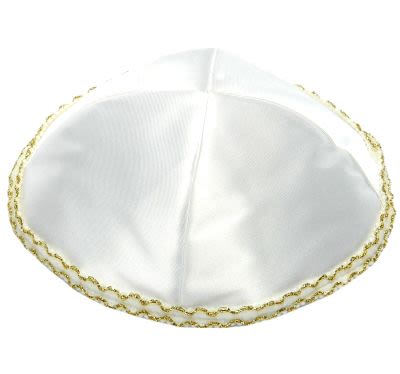

Tell us what you think!
Thank you for your comment!
It will be published after approval by the Editor.